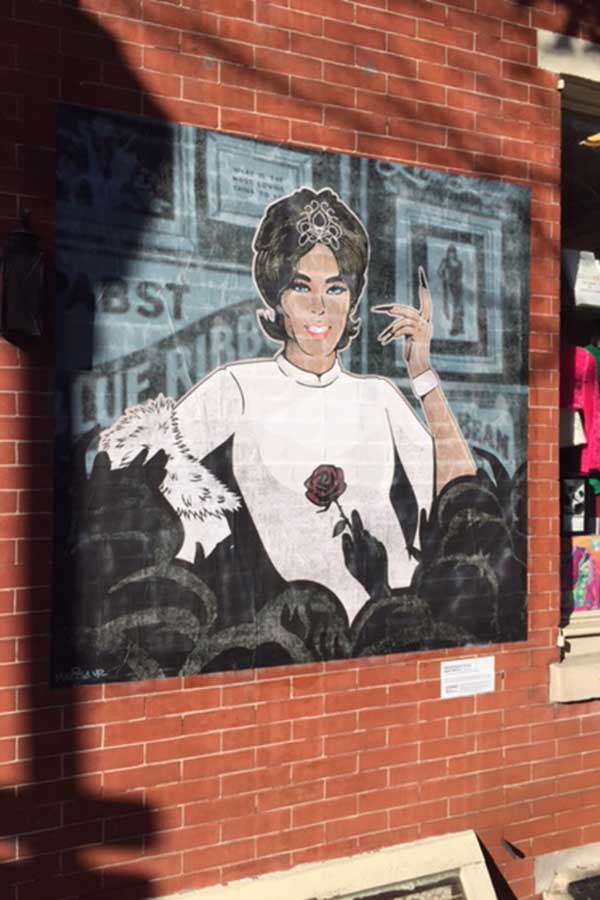On June 8, Common Pleas Judge Joshua H. Roberts said he would allow PGN to issue subpoenas to various officials for information regarding why certain records in the Nizah Morris case aren’t publicly accessible.
Roberts gave permission for the subpoenas during a court hearing regarding PGN’s request for additional records relating to the trans woman’s death. A follow-up hearing has been scheduled for July 19. The individuals to be subpoenaed hadn’t been determined as of presstime.
“I believe Judge Roberts took the appropriate view that there are questions that need to be answered here,” said PGN’s attorney, A.J. Thomson of Edelstein Law LLP. “It’s going to take the testimony of the personnel of various agencies to get those questions answered.”
Morris, 47, was a beloved advocate in the LGBTQ community. In December 2002, she received a “courtesy ride” from Philadelphia police in the Gayborhood.
Shortly after the ride, Morris was found by passers-by with a fatal head injury. Her death was declared a homicide on Dec. 25, 2002, due to blunt-force head trauma. The crime remains unsolved.
A 2008 court order gave PGN access to the “investigative file” into Morris’ death. But a city attorney told Roberts the file was only meant to encompass records located at the police department, not the District Attorney’s office.
Thomson, a former city prosecutor, said the investigative file was meant to be comprehensive. “The city’s official position is that there are parallel investigations of the Morris homicide,” Thomson said, after the hearing. “The Philadelphia police department doesn’t have interviews of about 30 key witnesses that the DA’s office is squirreling away for its own investigation. How can one expect anybody to be solving this murder if this is the way this investigation is proceeding? It strains credulity to think there would not be sharing of all these interviews unless you were trying to keep the documents from public knowledge.”
Thomson also told the judge PGN appears to be the only entity investigating the Morris case.
In January 2008 the police department acknowledged its Morris homicide file was lost. Four months later, a Philadelphia judge signed an order for the investigative file to be reconstituted and for a copy to be given to PGN. City attorneys were supposed to gather Morris records from various agencies for placement in the file, including the DA’s office and the Police Advisory Commission.
The agencies gave their assurances that their Morris records were provided for placement in the investigative file. However, it was subsequently revealed the DA’s office withheld numerous Morris records from the file.
The PAC obtained many of the DA’s Morris records in 2011. But city attorneys maintain the PAC cannot contribute those records to the investigative file due to a nondisclosure agreement with the DA’s office. During the June 8 hearing, Roberts indicated concern about the nondisclosure agreement, stating it didn’t “sit well” with him.
Numerous questions surrounding the Morris case underscore the need for transparency.
For example, Officer Elizabeth Skala, who gave Morris the courtesy ride, testified under oath to the PAC that she was with Morris for about 16 minutes. Skala’s estimate places her in the presence of Morris at the time of her fatal head injury, according to a timeline provided by 911 tapes.
Additionally, Skala and two other officers who responded to Morris — Kenneth Novak and Thomas Berry — submitted paperwork to supervisors that appears to be deceptive. All three officers didn’t complete their paperwork until visiting Morris at Jefferson Hospital and describing her solely in the context of being a “hospital case.” Thus, the officers avoided documenting the courtesy ride and subsequent assault of Morris.
None of the officers has been charged with any wrongdoing. They receive an annual salary of $78,092. Efforts by PGN to interview them over the years have been unavailing.
